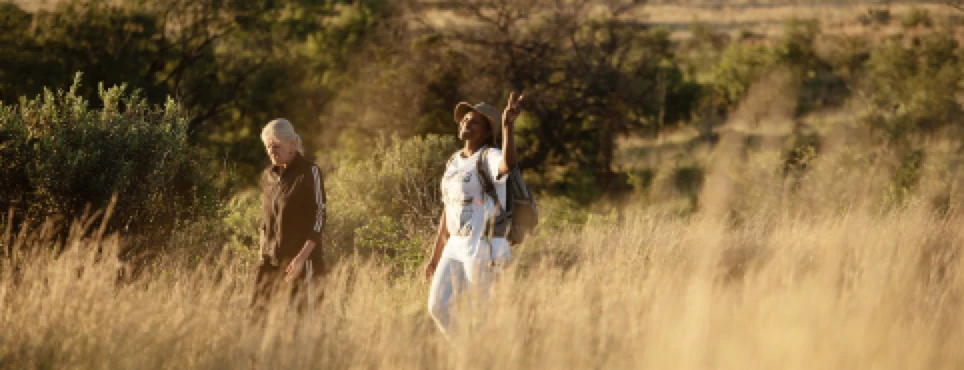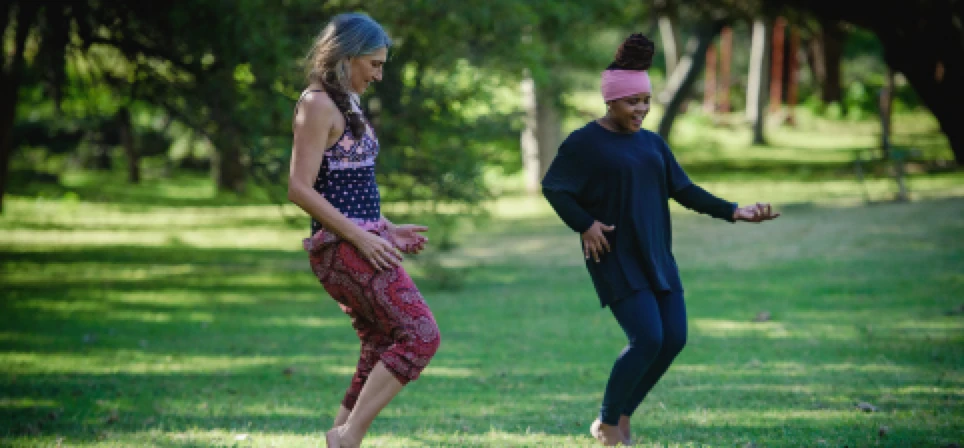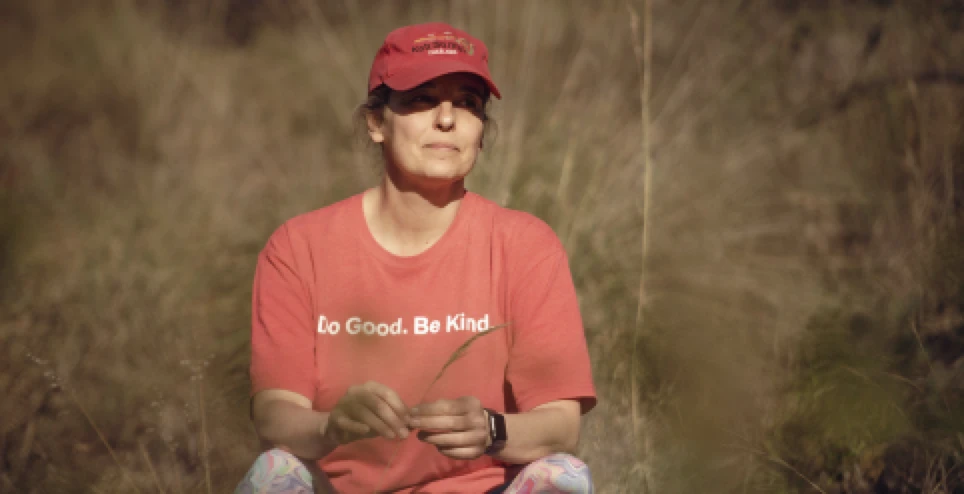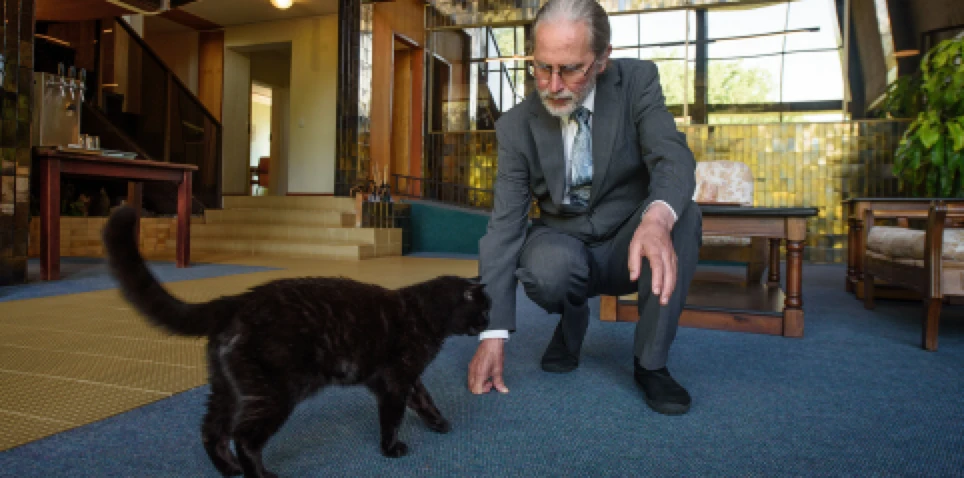Gratitude is one of the most powerfully positive, healing, and emotionally stabilising emotions we can experience. It is one of the best antivenoms for the “rage-baiting” and “fear-porn” tech world we have at our fingertips today. Gratitude can be highly pro-social. It can cement connections between those who lend each other a helping hand, and it also prompts us to “pay it forward”. Both expressing gratitude and having someone express gratitude towards you offer profound physiological and psychological benefits.
Benefits of Expressing Gratitude
Benefits of Receiving Gratitude

Improved Self-Esteem:
Receiving gratitude can boost self-esteem and reinforce one’s sense of value and importance to others.
Strengthened Relationships:
Expressions of gratitude can deepen social bonds and improve relationship satisfaction.
Increased Positive Emotions:
Being on the receiving end of gratitude can trigger positive emotions and a sense of being appreciated.
Improved Social Connections:
Gratitude strengthens social bonds, which are associated with better overall health and longevity.
Enhanced Life Satisfaction and a Sense of Purpose:
The practise of gratitude, whether giving or receiving, contributes to an overall sense of well-being and life satisfaction. For the recipient of gratitude, it can mean that their contribution to the world is being noticed and that they are valued as human beings.
Financial Benefits of Gratitude (especially this time of year)

Practising gratitude can have a significant positive impact on your finances, especially during the holiday season. By incorporating gratitude into your daily life, you will be less susceptible to marketing messages trying to convince you that you need things you might not otherwise have considered. Spending pressure during this time of year is particularly high. If you practice financial gratitude, you can make more mindful financial decisions, reduce unnecessary spending, and ultimately save money while focusing on what truly matters.
Gratitude Can Help Curb Impulse Spending By:
- Shifting Focus: When you’re grateful for what you already have, you’re less likely to feel the need to buy new things.
- Promoting Patience: Gratitude helps you refocus on what you truly value, making it easier to resist instant gratification and save money.
- Combating a Scarcity Mindset: By appreciating what you have, you can avoid the feeling that you don’t have enough, which often leads to unnecessary purchases.
Gratitude Enhances Financial Planning and Decision-Making by:
- Encouraging Thoughtful Spending: Taking a moment to be thankful can help you pause before making purchases, leading to more intentional spending.
- Reducing Materialism: Grateful people tend to be less materialistic, focusing less on acquiring more possessions.
- Promoting Long-Term Thinking: Gratitude can help you focus on future financial goals rather than short-term wants.
During the Holiday Season, Gratitude Can Lead to Savings Through:
- Alternative Celebrations: Discussing low-cost ways to celebrate with family and friends can reduce financial stress.
- Budget Adherence: Establishing and sticking to a realistic holiday spending budget becomes easier when you’re grateful for what you have.
- Thoughtful Gift-Giving: Focusing on what recipients truly appreciate can lead to more meaningful, potentially less expensive gifts.
How to Express Gratitude

Many people hold back on expressing gratitude for fear of causing embarrassment. We underestimate the positive impact expressing gratitude can have on the recipient and overestimate how awkward the recipient might feel. This sometimes prevents us from expressing gratitude even when we truly feel it.
Gratitude can be expressed verbally or in writing. Regardless of how you express your gratitude, here are a few key tips to do so effectively:
- Be sincere.
- Be specific.
Express what you are grateful for and what it means to you.


Random Acts of Kindness
Most people don’t expect anything in return for assisting those in need. They just want to see the world become a better place for all those they care about. Random acts of kindness are unexpected, selfless actions performed to help or bring joy to others, often strangers, with no ulterior motives and without expecting anything in return. These acts can range from small, inexpensive gestures to more significant efforts, with the sole aim of spreading positivity and kindness in the world. The idea of practising “Random Acts of Kindness” are often attributed to Anne Herbert, who wrote “Practice random kindness and senseless acts of beauty” on a restaurant placemat in 1982.
Examples of Random Acts of Kindness
Random Acts of Kindness can be practised daily and in so many different ways! To give a little inspiration, here are a few suggestions:
Umbrella Rescue:
Offering an umbrella to someone caught in unexpected rain.
Pharmacy Philanthropy:
Paying for a stranger’s medication at a local pharmacy.
Hydration and Some Nutritional Support for the Reclaimer (or Bagariesi):
South Africa’s recycling levels are some of the highest in the world, especially for plastics, because of the guys who collect plastics. Leave a few bottles of frozen water, or a bag with some fruit and a note at random dustbins on collection days.
Lost and Found Hero:
Go out of your way to return a lost item to its original owner.
Coffee Chain Reaction:
Pay for the coffee of the person behind you in line.
Elder Support:
Pay for a few parcels of nutritious fruit, veggies and legumes to be given at random to older people at your local grocer.
Sticky Note Positivity:
Post inspirational sticky notes around your neighbourhood, office, or school.
Toll Gate Assist:
Pay the toll fees for the car behind you at the toll gate.
Compliment a Complete Stranger:
If you see someone who has really gone out of their way to look good, or someone who is wearing a smile and helping those around them with pride, walk over and compliment them, then leave. A random acknowledgment that they are seen can make their day.
Take a moment to write down a few random acts of kindness which you would like to practise in your community, and experience the profound mental health shift of just contemplating them.
Impact of Random Acts of Kindness

Random acts of kindness are a community-level mental health boost. They can improve mental health for both the giver and receiver, strengthen social bonds, and foster a sense of community.
One act can inspire others to pay it forward, creating a ripple effect of kindness. Our natural alertness to negativity and danger shifts in perspective, and we start looking out for opportunities and practices of kindness.
Random acts of kindness demonstrate that small actions can have a big impact, reminding us of the inherent goodness in people and the power of compassion in our daily lives.
